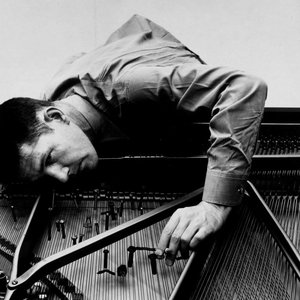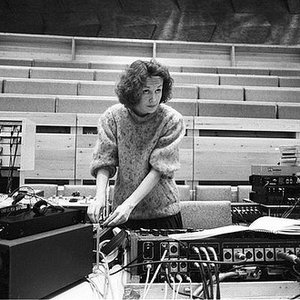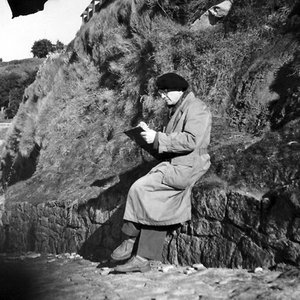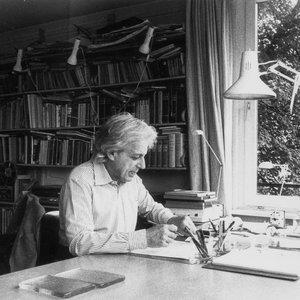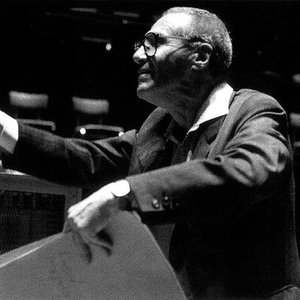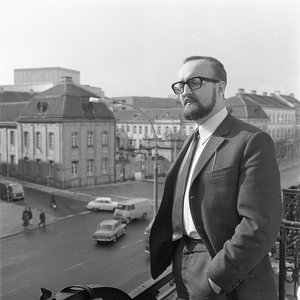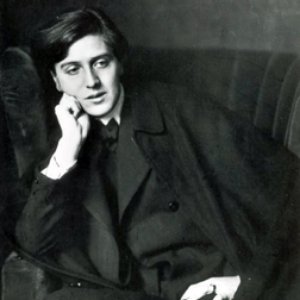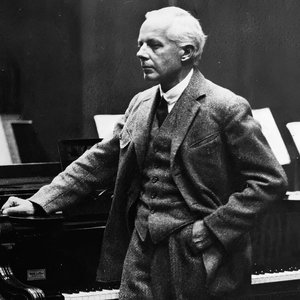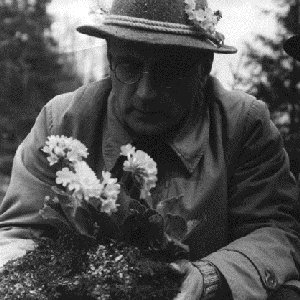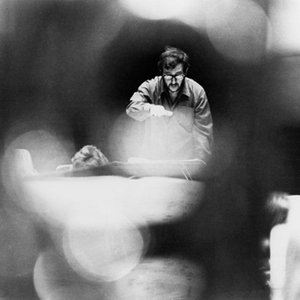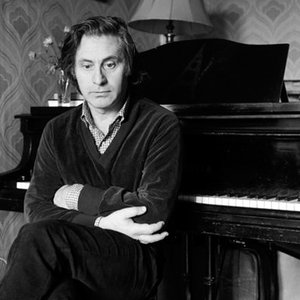Biography
-
Born
8 October 1930
-
Born In
Tokyo, Japan
-
Died
20 February 1996 (aged 65)
Tōru Takemitsu (武満 徹 Takemitsu Tōru, October 8, 1930–February 20, 1996) was a Japanese composer of music, who explored the compositional principles of Western classical music and his native Japanese tradition both in isolation and in combination.
Born in Tokyo, Takemitsu first became interested in Western classical music around the time of World War II. He had heard Western music on American military radio while recuperating from a long illness. He also listened to jazz from his father's ample collection.
Takemitsu was largely self-taught in music. He was greatly influenced by the music of Claude Debussy and Olivier Messiaen. In 1951 he founded the Jikken Kobo, a group which introduced many contemporary western composers to Japanese audiences.
Takemitsu first came to wide attention when his Requiem for string orchestra (1957) was accidentally heard and praised by Igor Stravinsky in 1959 (some Japanese people wanted Igor Stravinsky to hear some tape recorded music by Japanese composers and put in the wrong side of the tape - when they tried to take it out, Stravinsky didn't let them). Stravinsky went on to champion Takemitsu's work.
Takemitsu at first had little interest in traditional Japanese music, but later incorporated Japanese instruments such as the shakuhachi (a kind of bamboo flute) into the orchestra. November Steps (1967), a work for shakuhachi and biwa (a kind of Japanese lute) solo and orchestra was the first piece to combine instruments from east and west. In an Autumn Garden (1973-79) is written for the kind of orchestra that would have played gagaku (traditional Japanese court music). Works such as Eclipse, (1966) for shakuhachi and biwa, Voyage (1973), for three biwas should also been mentioned as works that are decidedly derived from traditional genres.
Takemitsu's works include the orchestral piece A Flock Descends Into the Pentagonal Garden (1977), Riverrun for piano and orchestra (1984, the title is the first word in James Joyce's Finnegans Wake), and the string quartet A way a Lone (1981, another piece inspired by Finnegans Wake). Chamber music such as Distance de Fee (1951) for violin and piano, or Between tides, for violin, cello and piano, are to be also mentioned. And such jewels of the piano music as Rain tree sketch (1982), Rain Tree Sketch II (1992), Les Yeux Clos (1979) and Les Yeux Clos II (1988) are considered to be amongst the finest works for the instrument written in the twentieth century.
Some of the formal concepts in Takemitsu's music depend deeply on visual imagery, taken from paintings, dreams, or his concept (about which he writes much) of the garden.
He also composed electronic music and many film scores (IMDB lists 94) for films by Japanese directors. His music for cinema rests deeply upon the concept that a new film needs a new sound colour, and is as much about taking out sounds as about taking them in. His first score was for Toshio Matsumoto's Ginrin and he would go on to compose scores for Akira Kurosawa (Dodesukaden, Ran), Hiroshi Teshigahara (Pitfall, Woman of the Dunes, Face of Another), Masahiro Shinoda (The Assassination, Silence), Shôhei Imamura (Black Rain, 1989), Nagisa Oshima (In the Realm of Passion, 1978) and Misako Kobayashi (Kaidan, 1964). Takemitsu composed scores for all of Kobayashi's films from Seppuku (1962) onwards until the director's last film Family Without a Dinner Table (1985).
Takemitsu died in Tokyo on February 20, 1996.
He was posthumously awarded the fourth Glenn Gould Prize in Autumn, 1996.
Artist descriptions on Last.fm are editable by everyone. Feel free to contribute!
All user-contributed text on this page is available under the Creative Commons Attribution-ShareAlike License; additional terms may apply.

